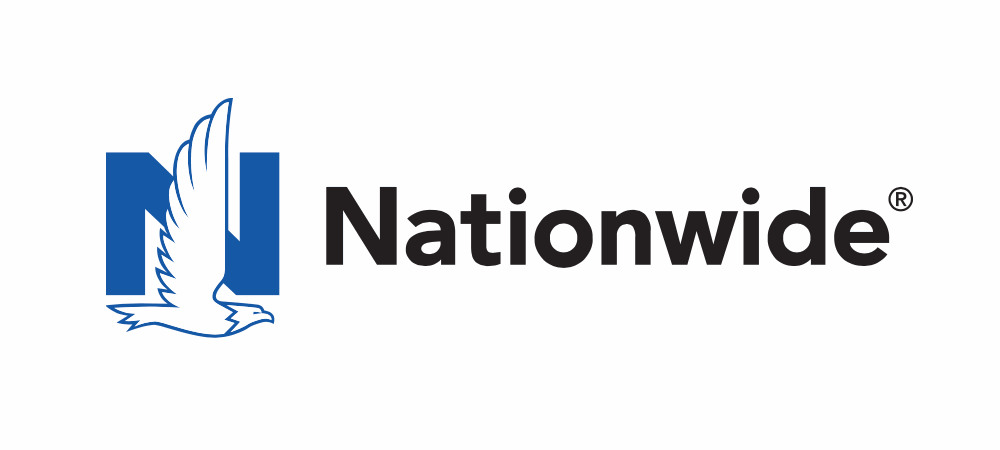Fidelity CDs have competitive APYs and a full suite of term lengths, ranging from three months to 10 years. Like other brokerages, Fidelity CDs are brokered CDs, meaning they're only available to investors with a Fidelity brokerage account. If your broker is Fidelity and you want to earn high interest on a fixed-income investment, read on to learn what makes Fidelity CDs so different.
Fidelity CD rates for 2024
APY = Annual Percentage Yield

| 6 Mo. APY | 1 Yr. APY | 1.5 Yr. APY | 2 Yr. APY | 3 Yr. APY | 4 Yr. APY | 5 Yr. APY |
|---|---|---|---|---|---|---|
| 5.25% | 5.05% | 5.00% | 4.90% | 4.80% | 4.55% | 4.50% |
How Fidelity CDs compare
| Bank & CD Offer | APY | Term | Min. Deposit | Next Steps |
|---|---|---|---|---|
|
Member FDIC.
| APY: 4.70% | Term: 1 Year | Min. Deposit: $2,500 | |
| APY: 5.05% | Term: 1 Year | Min. Deposit: $1 | ||
| APY: 5.15% | Term: 9 Months | Min. Deposit: $1 | ||
|
Member FDIC.
| APY: 4.75% | Term: 1 Year | Min. Deposit: $500 |
Fidelity CD review
Fidelity has brokered CDs, which means Fidelity doesn't issue the CDs itself but purchases them from a bank in bulk and resells them to its clients. Through this process, Fidelity can create CD products with high APYs and multiple terms, both of which you may not find at the bank itself. Like other brokered CDs, you have to open a Fidelity account to purchase them. Check out a few of the pros and cons of these CDs below.
PROS
- Super competitive CD rates
- Wide range of term lengths
- Ready-made CD ladders
- Option to sell on a secondary market
- Potential to expand FDIC coverage
- Fractional CDs ($100 minimum)
CONS
- Simple interest
- Not easy to liquidate
- Minimum deposit of $100 or $1,000
- Fidelity account required
Unlike bank CDs, which let you deposit fractional numbers -- like $5,454 -- Fidelity CDs come in increments of $1,000 or $100. If you have $5,454 to invest, then, you could buy five $1,000 CDs and four $100 CDs and be left with $54. This isn't unusual for a brokered CD, but Fidelity's choice of $100 CDs (which it calls "Fractional CDs") is unique to the broker and could help you spread out more of your savings.
With its "Model CD Ladder" tool, Fidelity makes it simple to build CD ladders. Through the broker, you can arrange a 1-year, 2-year, or 5-year ladder strategy. Fidelity will even reinvest maturing CDs for you, so you don't have to worry about doing it yourself.
Fidelity CDs don't have an early withdrawal option nor a penalty. Instead, you can sell the CD to another depositor on the secondary market (subject to $1 trading fee per CD). Better yet, Fidelity may help you find a buyer, or may even buy the CD from you. That said, selling a CD on the secondary market could result in a loss (or gain). This might be the case if your CD has a lower APY (or higher) than current CD rates.
Finally, it's important to note that Fidelity CDs grow by simple interest. That means, Fidelity's CD rates only apply toward your principal, not any interest you've earned. This is different from bank CDs, which grow by compound interest (in other words, your interest will earn interest). That said, for most long-term CDs (CDs with terms greater than 12 months), Fidelity will deposit interest in your Fidelity account as you earn it (monthly, quarterly, semi-annually, annually). This would allow you to reinvest your money to keep earning interest.
Who is a Fidelity CD right for?
A Fidelity CD may be appealing to fixed-income investors who want a high APY and don't mind locking their money up for a specific term.
Other Fidelity CD accounts
Since Fidelity offers multiple CDs from different providers, it can give you access to numerous different types of CD accounts, such as the following:
- Zero-coupon CDs: These CDs don't earn an interest rate (also called a "coupon," hence "zero-coupon") but rather can be purchased at a price below the CD's face value. This could result in significant earnings, but you have to wait until the CD matures to see any gains. For instance, you could buy a $5,000 CD with a 5-year term for $4,000.
- Callable CDs: This type of CD comes with slightly higher APYs but can be "called" at any moment; in other words, forced, often inconveniently, into sudden maturity by the issuer. For example, you may lock into a sweet long-term rate on a 5-year CD, but if it's callable, the issuer could cancel the term after three months.
- Step-up CDs: A step-up CD gradually increases its interest rate over its term. It typically follows a preset schedule, so you know when the increase is coming. The final "step" on the schedule may seem significantly higher than ongoing CD rates, but be careful: the blended APY (that is, the sum of all the APYs) could be significantly less than buying a traditional CD with one fixed rate.
Bottom line: Fidelity CD rates
- 6 APY: 5.25%
- 12 APY: 5.05%
- 18 APY: 5.00%
- 24 APY: 4.90%
- 36 APY: 4.80%
- 48 APY: 4.55%
- 60 APY: 4.50%
APY = Annual Percentage Yield
Our CDs methodology
At The Motley Fool Ascent, certificates of deposit (CDs) are rated on a scale of one to five stars, primarily focusing on annual percentage yield (APY) and early withdrawal penalty fees. Our highest-rated CDs generally include competitive APYs without complex qualification tiers, low withdrawal fees, reliable brand trust and reputation, and ease of use.
Learn more about how The Motley Fool Ascent rates bank accounts.
FAQs
-
You should get a Fidelity CD if you want to grow your savings at a fixed rate. Since Fidelity CDs aren't easy to liquidate, you should also get a Fidelity CD if you're prepared to lock your money up for a specific period.
-
If you're confident a brokered CD is the right savings product for you, then, yes, a Fidelity CD can be worth it. It's difficult for banks or credit unions to match or surpass Fidelity CD rates so consistently across multiple CD terms. It's not worth it for savings you'll need quick access to -- like an emergency fund -- but it could be a great fixed-income investment to add alongside other savings accounts and investments.
Our Banking Experts
We're firm believers in the Golden Rule, which is why editorial opinions are ours alone and have not been previously reviewed, approved, or endorsed by included advertisers. The Ascent, a Motley Fool service, does not cover all offers on the market. The Ascent has a dedicated team of editors and analysts focused on personal finance, and they follow the same set of publishing standards and editorial integrity while maintaining professional separation from the analysts and editors on other Motley Fool brands.


